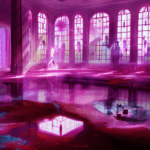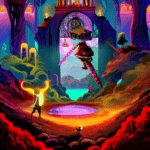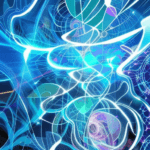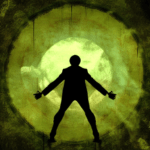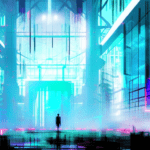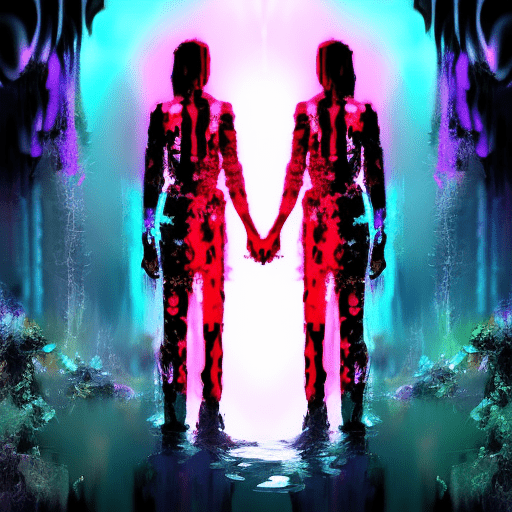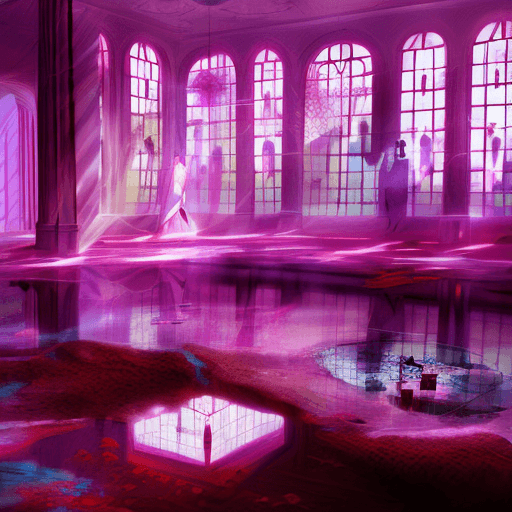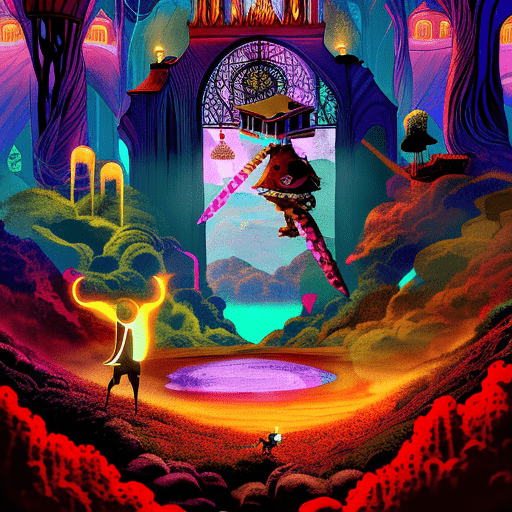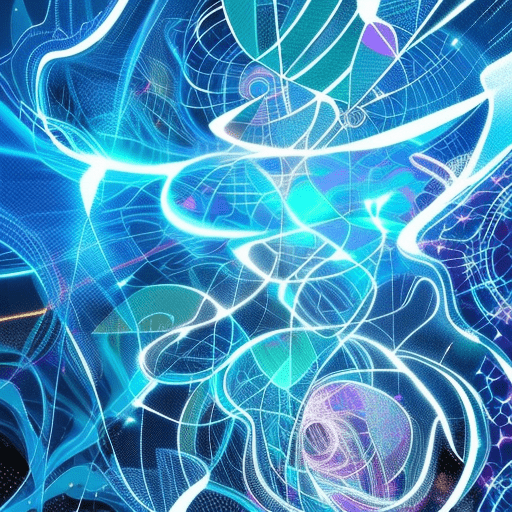The Eternal Husband: A Tale of Love, Betrayal, and Redemption
In Fyodor Dostoevsky’s novel, The Eternal Husband, the complex relationship between two men, Velchaninov and Trusotsky, unfolds in a tale of love, betrayal, and redemption. Through their encounters, Dostoevsky explores themes of guilt, obsession, and the search for meaning in life. This psychological drama delves deep into the human psyche, revealing the complexities of human relationships and the consequences of our actions.
The Encounter: Velchaninov and Trusotsky
The story begins with Velchaninov, a successful and wealthy man, encountering Trusotsky, the husband of his former lover, Anna. Trusotsky invites Velchaninov to his home, where he reveals his obsession with his deceased wife and his suspicion that she had been unfaithful. As the two men engage in intense conversations, their conflicting emotions and desires come to the surface, leading to a series of revelations and confrontations.
The Past Haunts the Present
As Velchaninov delves deeper into Trusotsky’s obsession, he begins to question his own past actions and the guilt he carries. He reflects on his affair with Anna and the impact it had on her marriage and Trusotsky’s mental state. Through their discussions, Dostoevsky explores the destructive power of guilt and the ways in which the past continues to haunt the present.
A Battle of Egos and Desires
The relationship between Velchaninov and Trusotsky becomes increasingly complex as their egos clash and their desires intertwine. Velchaninov, driven by a need for power and control, manipulates Trusotsky’s emotions, while Trusotsky, consumed by jealousy and grief, seeks revenge. Their battle of egos leads to a series of dramatic confrontations, exposing the depths of their inner turmoil.
As the story unfolds, Dostoevsky delves into the complexities of human nature, exploring themes of love, betrayal, and redemption. He challenges the reader to question the nature of guilt and the consequences of our actions. Through the characters of Velchaninov and Trusotsky, he presents a profound exploration of the human psyche and the search for meaning in life.
Key Takeaways:
- Guilt and obsession can consume individuals, leading to destructive behavior.
- The past has a profound impact on the present, shaping our actions and relationships.
- Power struggles and conflicting desires can lead to intense psychological battles.
- Redemption and self-reflection are possible paths towards healing and growth.
“We are all in a hurry to be happy, but we don’t know how to be happy. We don’t know how to be happy because we don’t see the meaning of life.”
In The Eternal Husband, Dostoevsky masterfully explores the depths of the human psyche and the complexities of human relationships. Through the characters of Velchaninov and Trusotsky, he delves into themes of guilt, obsession, and redemption, challenging readers to reflect on their own actions and the consequences they may have. This psychological drama serves as a reminder of the power of the past, the complexities of human desires, and the potential for growth and self-reflection.
